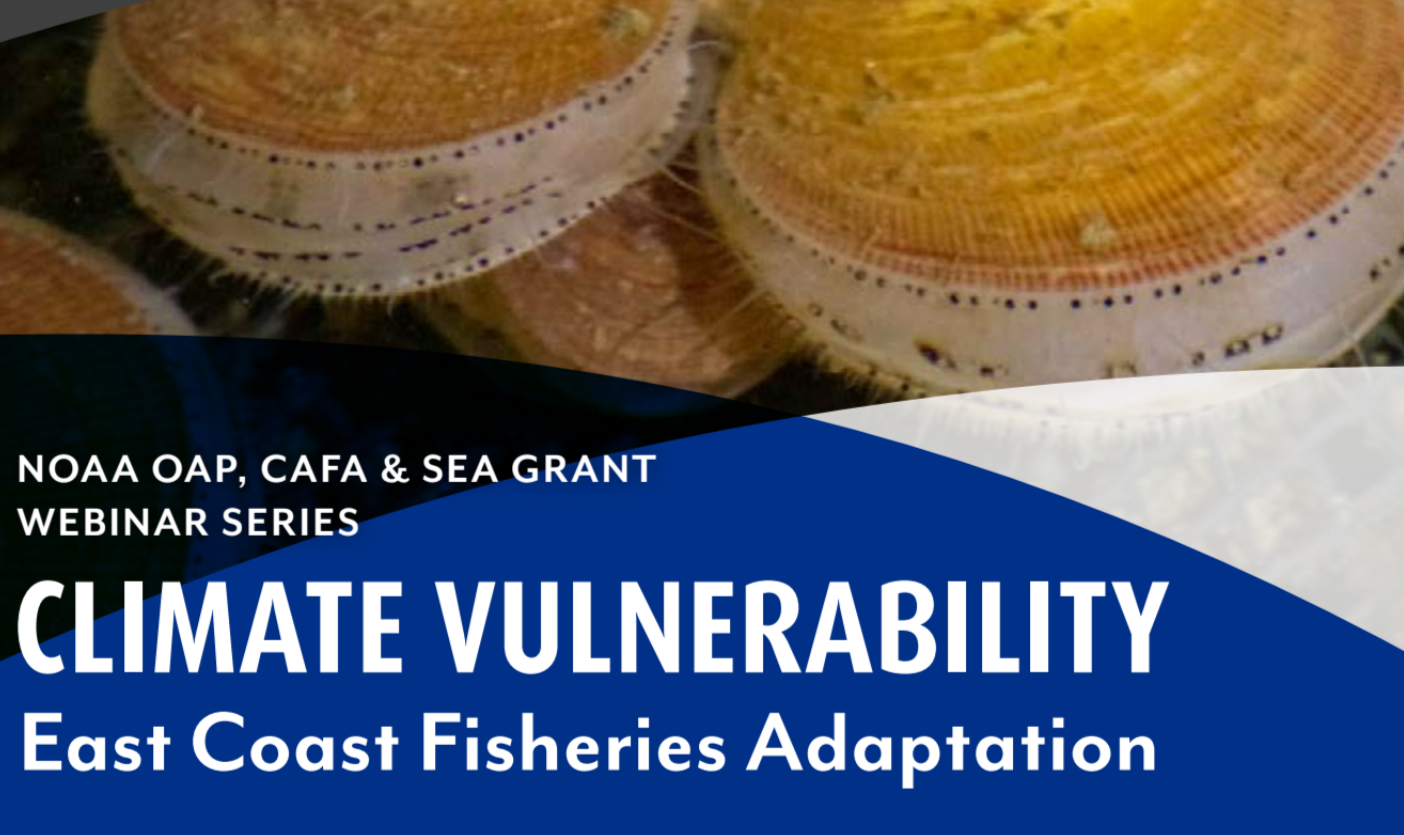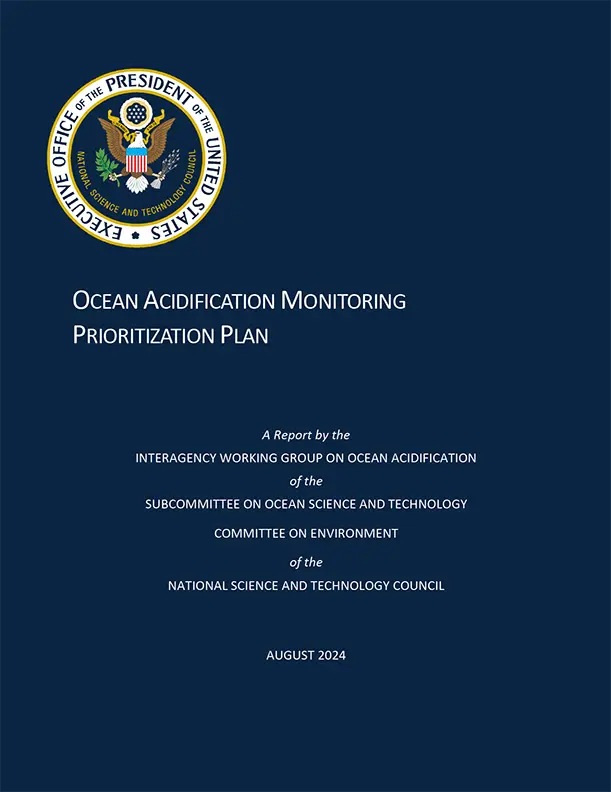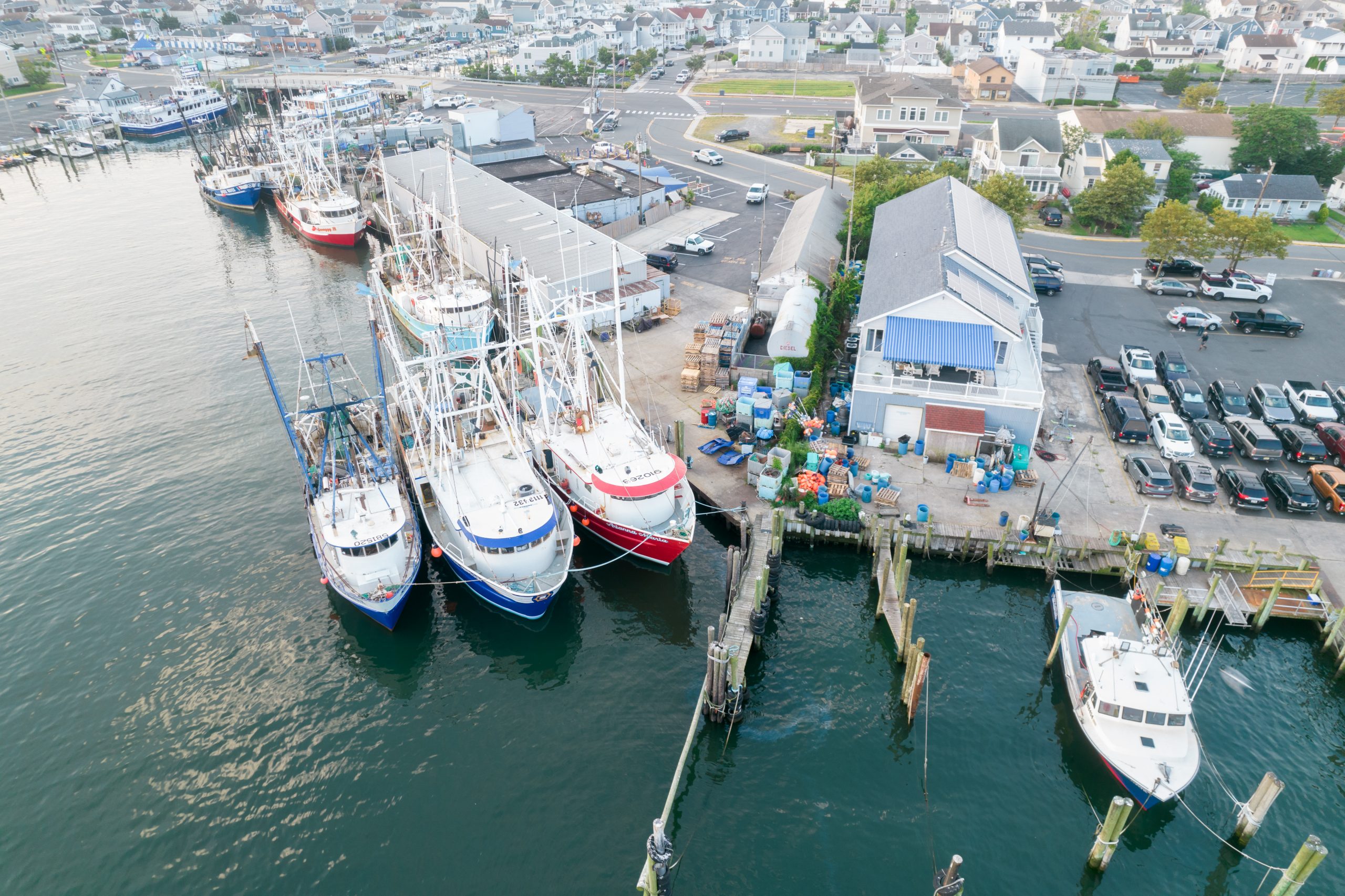
Launching NOAA Climate Vulnerability Webinar Series
NOAA’s Ocean Acidification Program, National Sea Grant, and Climate and Fisheries Adaptation Program announce the first webinar in a Climate Vulnerability webinar series on September 23 at 3:30pm ET. Climate vulnerability assessments examine the impact of changing ocean conditions on affected human communities. These projects, funded by the host NOAA programs, are often interdisciplinary and










